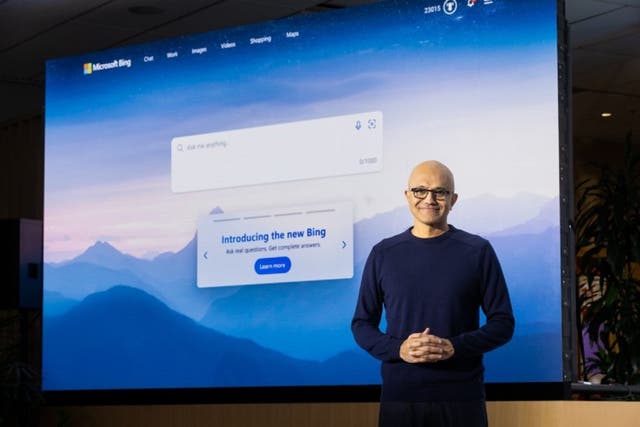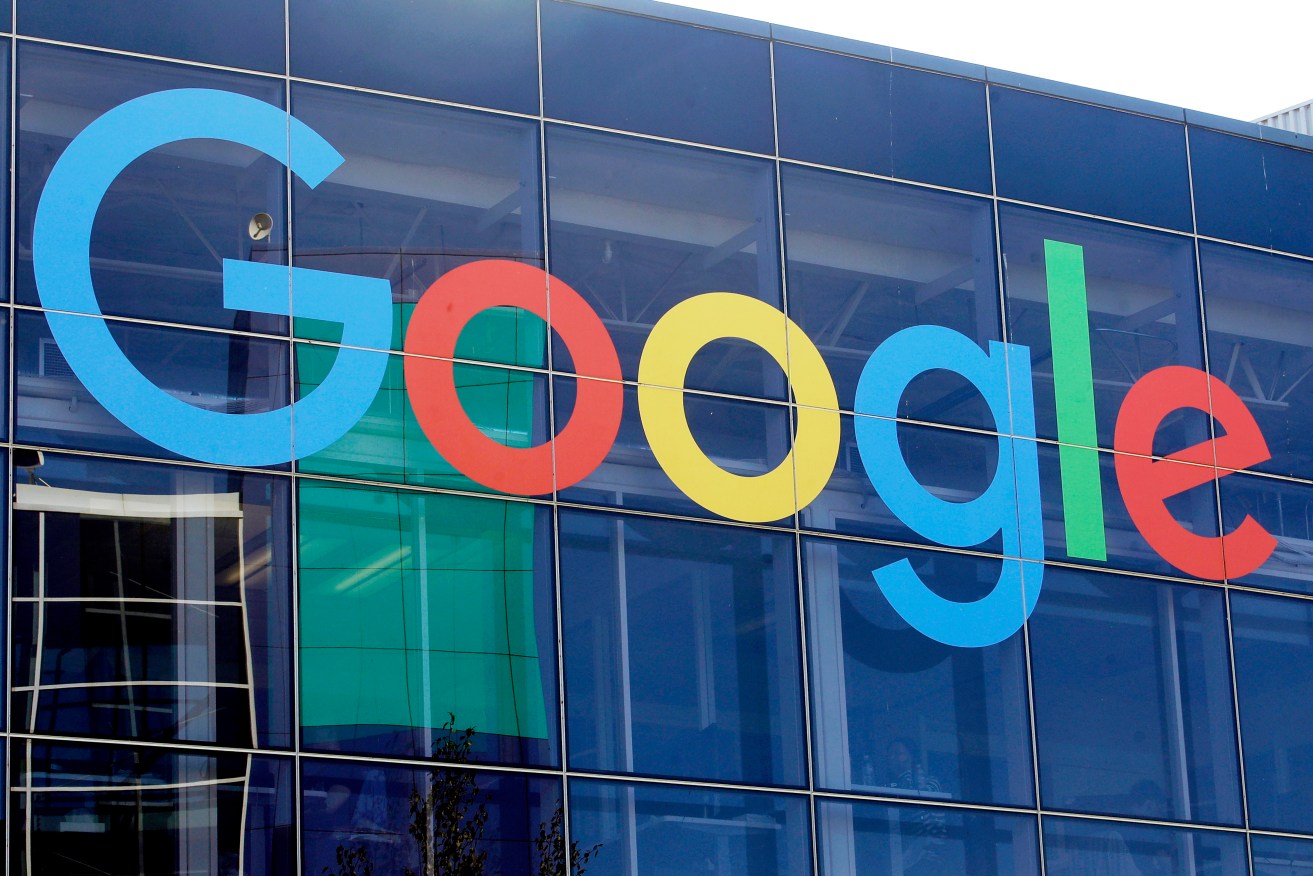By —Simona Foltyn
By — Hadi Raghda
Audio
The killing of a top Hamas leader shook a Middle East already ten months into a brutal war. It has also galvanized Palestinian populations beyond Gaza and the West Bank, especially in Lebanon, long home to both political and armed groups and hundreds of thousands of Palestinian refugees. Special correspondent Simona Foltyn gained rare access to Hamas operations there and reports.
Read the Full Transcript
Notice: Transcripts are machine and human generated and lightly edited for accuracy. They may contain errors.
Amna Nawaz:
The killing of a top Hamas leader last week shook a Middle East already scarred by a war that the militant group launched last October 7. The past 10 bloody months have also galvanized Palestinian populations beyond Gaza and the West Bank, especially in Lebanon. Factions of Hamas have also made it home.
And special correspondent Simona Foltyn recently gained rare access to its operations there for this report.
Simona Foltyn:
A show of defiance in the Lebanese city of Sour after Israel's killing in Tehran of Hamas chief Ismail Haniyeh.
Rafat Morra, Hamas Official (through interpreter):
The resistance remains strong and will continue. This resistance will continue until the removal of this Israeli occupation and the complete defeat of the occupation from the entire Palestinian national territory.
Simona Foltyn:
Rallies in support of Hamas have been taking place throughout Southern Lebanon since the assassination of Ismail Haniyeh. The message is that his demise will not weaken Hamas, nor will it lessen its struggle for Palestinian liberation, a liberation these men and women have awaited for decades.
They are refugees, descendants of Palestinians expelled in 1948, when Israel was created. Rayyan is 22 years old. She never set foot on Palestinian land, but is no less attached to the cause.
Rayyan Hafiyan, Palestinian Refugee (through interpreter):
Since our childhood, Haniyeh has influenced us a lot. All our leaders, not just Haniyeh, have taught us that we should hold on to the resistance, no matter what the enemy does.
Simona Foltyn:
Hamas' October 7 attack on Southern Israel was denounced as terrorism by the United States and other Western nations. But, here, it sparked a different sentiment, something Palestinians hadn't felt in decades, hope.
Rayyan Hafiyan (through interpreter):
From when I was little, we have had the hope of returning and living in our homeland. And, God willing, this day will come.
Simona Foltyn:
I want to know if this is a broader trend among the Palestinian diaspora in Lebanon and travel to Saida, home to the largest Palestinian refugee camp. Past the checkpoint of the Lebanese army, it feels as if we've crossed into another country.
The camp is called Ain al-Helweh. Around 120,000 people live here in perpetual exile, crammed into less than half-a-square-mile, a pressure cooker with poor services, few jobs, and no prospects.
Now that frustration has found an outlet. I'm meeting a Hamas fighter who requested anonymity because he spoke outside the chain of command.
Do you think that, since October 7, there is greater support for armed resistance?
Hamas fighter (through interpreter):
Yes. Of course there was support before, but not as much as we are seeing now. There was a general mobilization a month after the events of October 7. Pretty much all the youth in this camp signed up to join Hamas.
Simona Foltyn:
Rising support for the resistance is visible in plain sight. The camp is run by Fatah, which was co-founded by Yasser Arafat and has led the Palestinian Authority since its creation.
But Hamas has been gaining ground here, chipping away at Fatah's status as the guardian of the Palestinian cause, its green colors gradually usurping Fatah's yellow. The green flag of Hamas and other symbols like these posters of its military spokesperson Abu Obaida, have spread throughout the camp since October 7, signaling growing support for armed resistance, even in areas that were not traditionally dominated by Hamas.
Fatah has been losing legitimacy for years now amid accusations of rampant corruption and its failure to achieve Palestinian statehood in the wake of the 1993 Oslo Accords, as part of which it renounced violence in return for recognition and the nominal authority to govern.
But some within Fatah never laid down arms, like Munir Maqdah, the most senior Fatah military official in the camp.
Munir Maqdah, Fatah Military Commander (through interpreter):
We participate in daily military action inside the West Bank in the face of Israeli occupation.
Simona Foltyn:
Maqdah is a leader in the Al-Aqsa Martyrs Brigades, a branch of Fatah founded during the second Palestinian uprising of the early 2000s. He points to Israel's continued occupation and settlement of Palestinian land in the West Bank as evidence that the Oslo Accords have failed.
Munir Maqdah (through interpreter):
Negotiations have been tried for 30 years and will not give the Palestinian people anything. The Palestinian people have no choice but to take their rights by force and blood. Today, it's blood for blood until we get rid of this occupation in the land of Palestine.
Simona Foltyn:
Words that are finding fertile ground among disenfranchised Palestinian youth. But mobilization inside the camp is a delicate matter. It risks drawing Israeli airstrikes and alienating the Lebanese government, which sees it as a violation of its sovereignty.
To get a glimpse into the secretive recruitment process, I visit a mosque in a neighborhood that is a Hamas stronghold. Hassan Shanaa, a local Hamas official, tells me that hundreds of young men have approached him since October ready to take up arms against Israel, what they call the Zionist entity.
Hassan Shanaa, Hamas Official (through interpreter):
There is a large number of young people who want to join the movement to fight, not to enter the movement and go through the recruitment process. No, they wanted us to give them weapons and go to Palestine through Southern Lebanon, so they can fight the Zionist entity.
Simona Foltyn:
The selection process can span years, with new recruits vetted at multiple stages. Religious instruction is at the very core of joining Hamas, which, unlike the more secular Fatah, is an Islamist movement.
Hassan Shanaa (through interpreter):
First of all, he has to be committed and pray and take lessons with us. If his foundations and goals are where they should be, he will go out to the second stage and maybe take a special lesson.
Simona Foltyn:
The next stage is military training, which is where it gets more complicated. Hamas doesn't enjoy Fatah's status as the security provider in the camps, and isn't officially allowed to maintain an armed presence inside Lebanon.
But I met one new joiner who took part in covert training exercises, which take place in coordination with Hamas ally Lebanese paramilitary group Hezbollah.
Hamas recruit (through interpreter):
They teach us about weapons, how to take them apart and put them together, about bombs, these kinds of things.
Simona Foltyn:
And this training is inside the camp or outside?
Hamas recruit (through interpreter):
No, we go out and come back. I went out two, three times and came back.
Simona Foltyn:
Have a lot of your friends joined Hamas?
Hamas recruit (through interpreter):
There are many, a lot. All were encouraged after October 7.
Simona Foltyn:
Hamas is trying to capitalize on the youth's newfound zeal to obtain with force what hasn't been achieved with words. For Hassan Shanaa, the death and destruction in Gaza are a price worth paying.
Hassan Shanaa (through interpreter):
The Zionist entity and the American administration were betting that adults here would die and children would forget. We say to the whole world, despite the tragedy, the massacres, the killing and the destruction, there's no alternative homeland to Palestine except Palestine.
Simona Foltyn:
Haniyeh's assassination has for now dashed hopes for a cease-fire. Many here see armed struggle as the only way forward.
For the "PBS News Hour," I'm Simona Foltyn in Ain al-Helweh, Lebanon.







.jpg)








